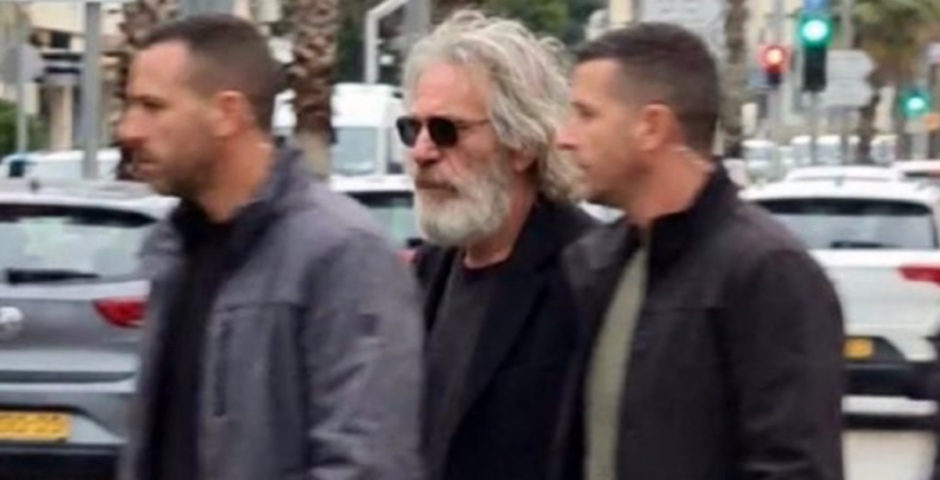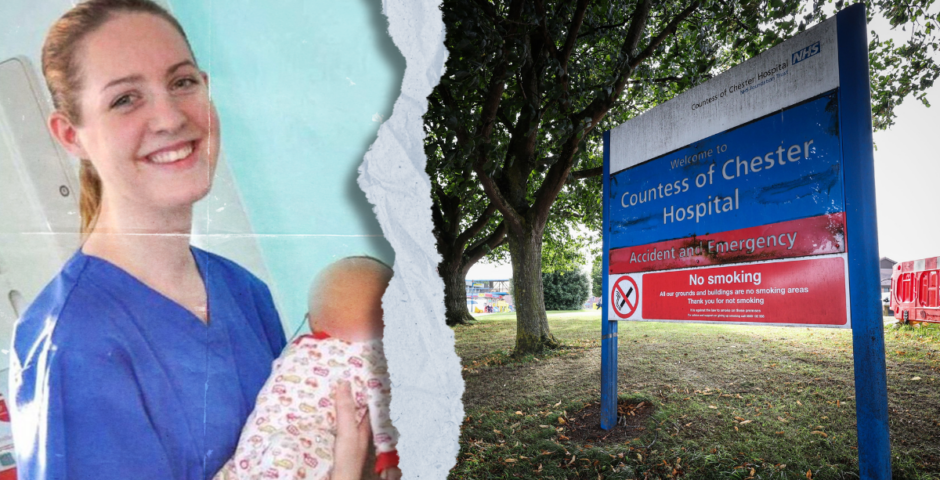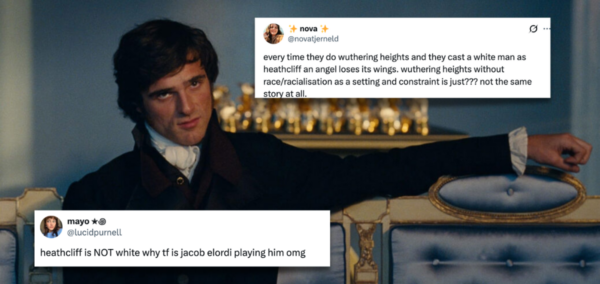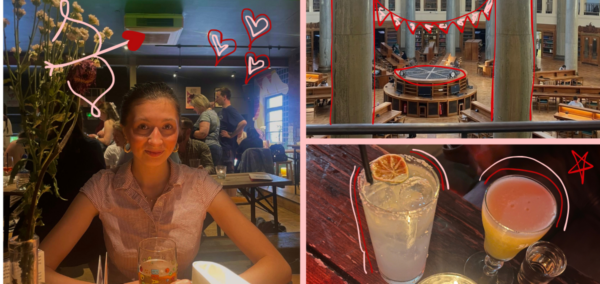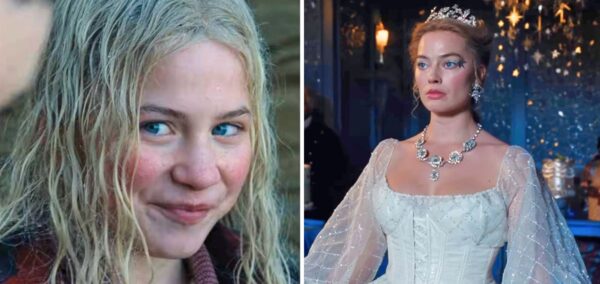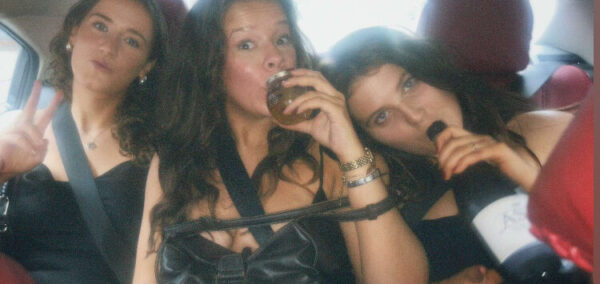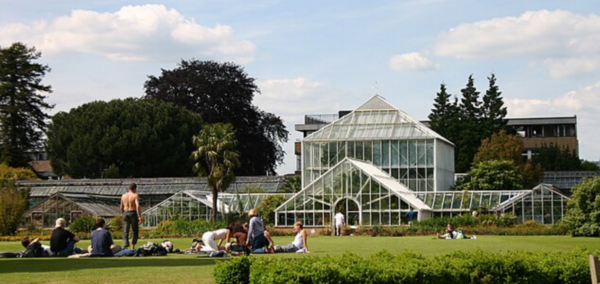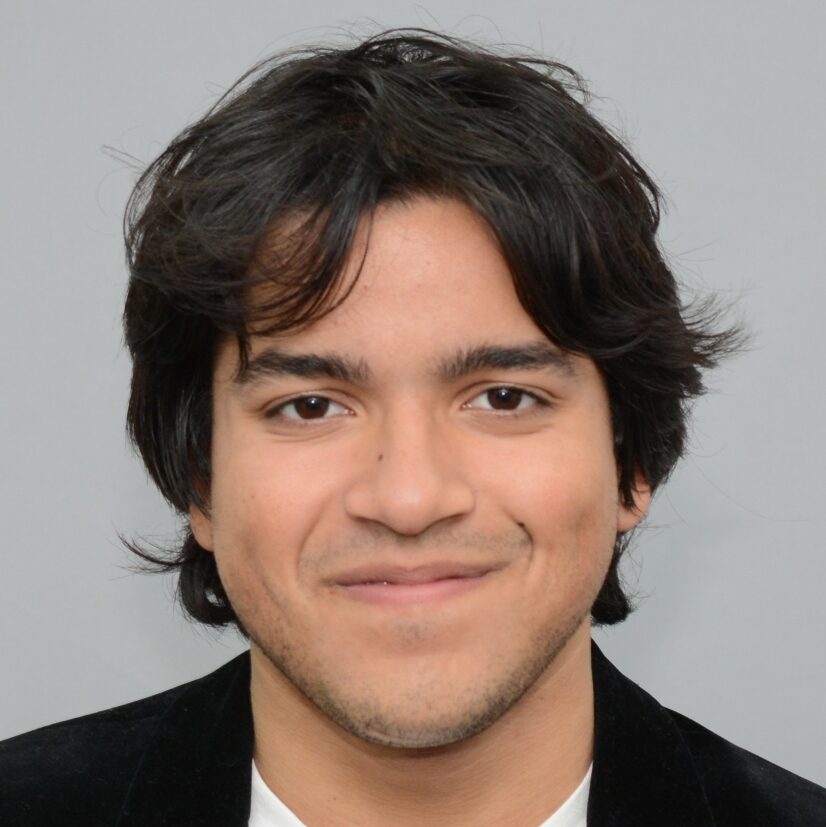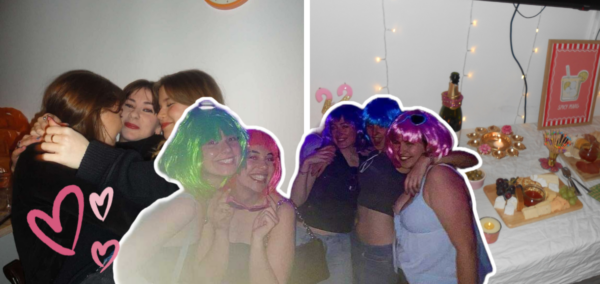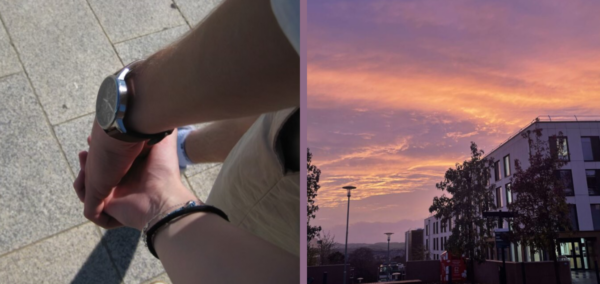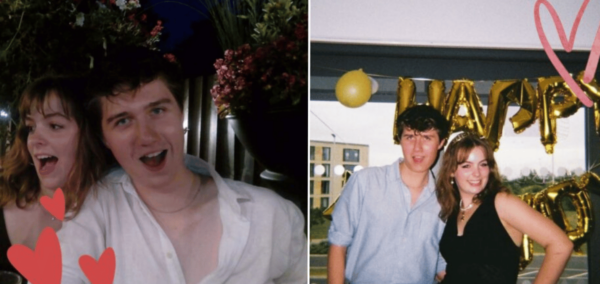
Cambridge University college returns Aboriginal spears to indigenous Australian community
Trinity returned four spears in a repatriation ceremony to descendants of the La Perouse and Gweagal communities
After a 20-year campaign, Trinity College has returned four Aboriginal spears that had been stolen from indigenous villagers by Captain James Cook and Joseph Banks who seized 40 in 1770.
The college received the spears in 1771 as a gift from Lord Sandwich who had received them from Cook.
Named after the Gweagal clan of the Dharawal Nation, the Gweagal Spears were handed over in a formal repatriation ceremony in Trinity’s Wren Library where they were returned to descendants of the La Perouse and Gweagal.
Gweagal community member David Johnson said that it was “an opportunity to celebrate these spears and what they represent for us, Australia, and the whole world”. Descendants of Cook and Bank were also in attendance.
The ceremony follows the college rejecting an initial request for the spears’ return seven years ago due to concerns over their housing and conversation.
The college finally agreed to the request in March 2023 after 20 years of the communities campaigning, according to ITV News.
On the Trinity College website Dame Sally Davies (Master of Trinity College) is quoted, saying: “It was the right decision and Trinity is committed to reviewing the complex legacies of the British Empire, not least in our collections.”

The spears were held in Cambridge University’s Museum of Archaeology and Anthropology from 1914 onwards, being loaned for some brief exhibitions in Canberra in 2015 and 2020.
On their return to Australia, the spears will be held at the University of Sydney’s Chau Chak Wing Museum by the request of the La Perouse Aboriginal Community until a new visitor centre is built in Kurnwell, Kamay where they will be displayed.
Feature Image Credits: The Cambridge Tab


